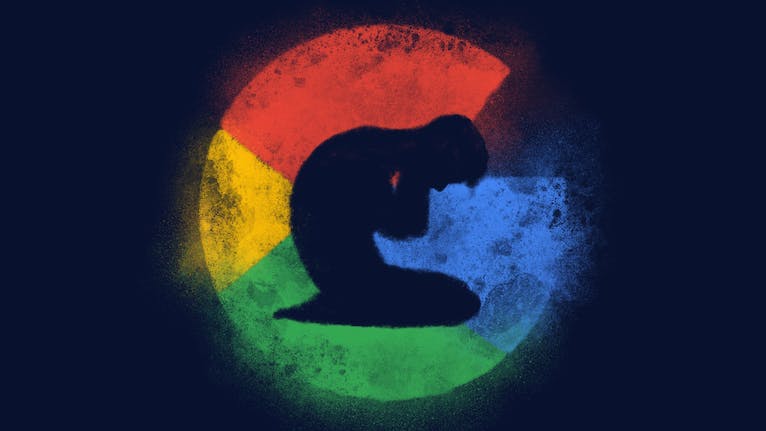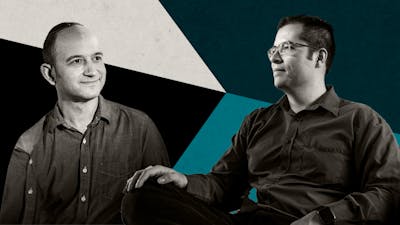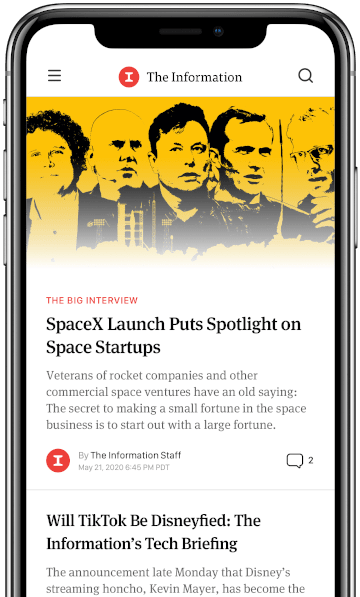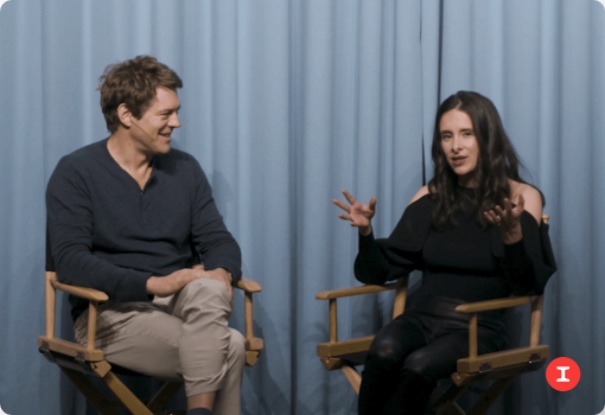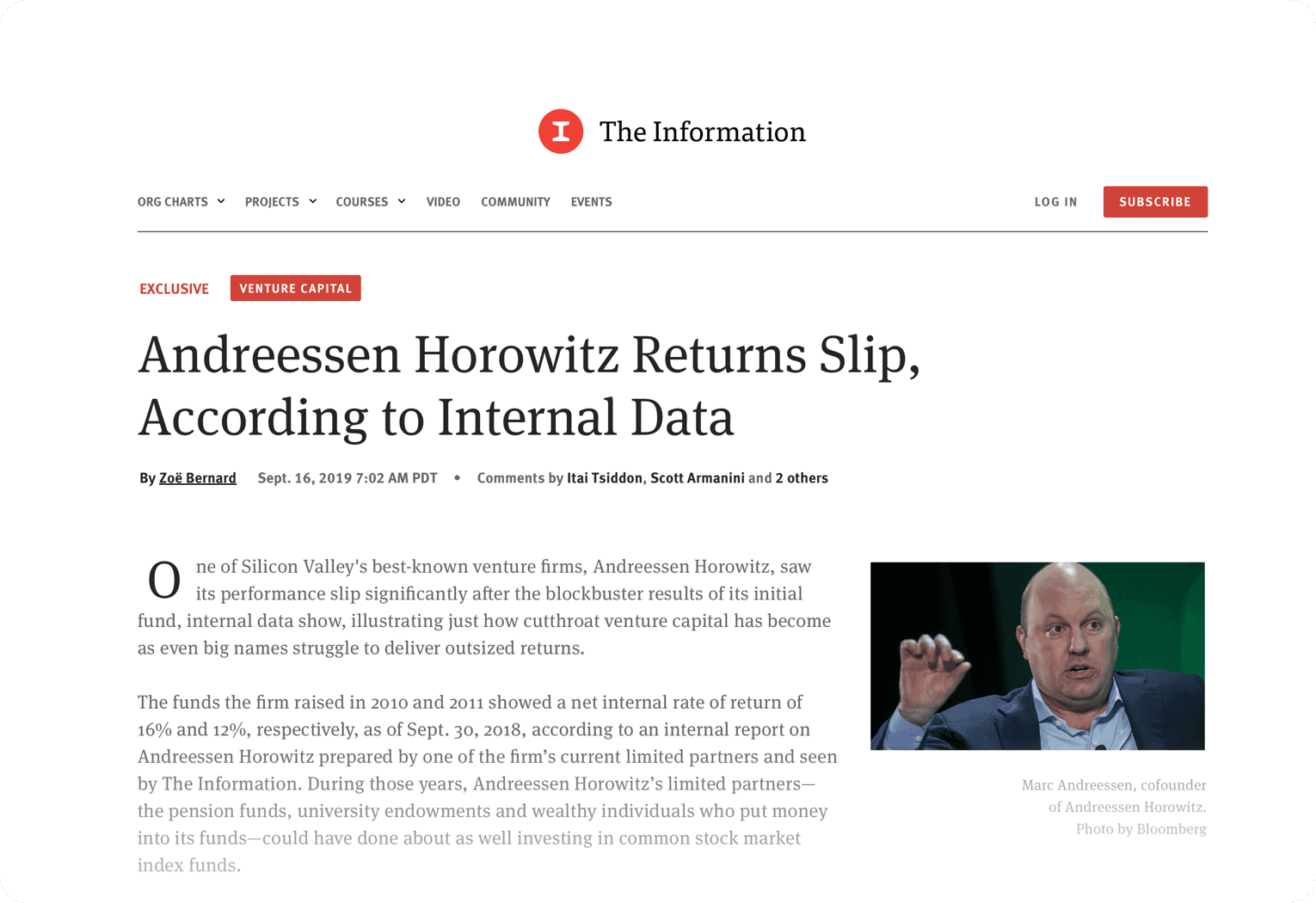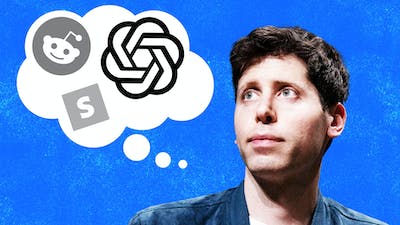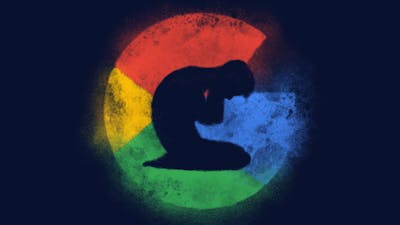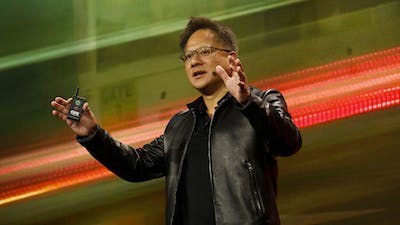Hi, welcome to your Weekend.
The problems that have afflicted Google over the past 12 months are not unique to the search giant or its parent company Alphabet. The entire tech industry has been in correction mode after the hyper-growth years of 2020-2021, with more than 218,000 jobs slashed thus far in 2023, according to Layoffs.fyi.
But Google’s travails feel different to at least one crucial group of stakeholders—its employees. Founded almost exactly a quarter-century ago (its 25th birthday is right around the corner, on Sept. 4), Google has long set the gold standard for employee treatment in Silicon Valley. Free food, free massages, free laundry service—if you could dream of the perk, you could get it gratis at Google.
Which is why the events of recent months came as such a visceral shock to workers. As Becky Peterson reports in this week’s gut-punching cover story, some current and former Googlers say they no longer recognize the company that hired them. The apparent suicides of three colleagues has only deepened some people’s sense of anxiety, disorientation and fear.
Google isn’t solely to blame for everything that’s transpired; many would argue that a steep drop in earnings, like the one the company reported in July 2022, required major sacrifices. It would be surprising if an organization as data-obsessed as Google didn’t roll out aggressive cutbacks.
But the company is widely perceived as having botched the layoffs of 12,000 employees in January. Both new and longtime workers were notified of their firings via cold, confusing emails that were sent to them in the middle of the night.
For 25 years, Google has conditioned its workers to feel as if they were special. By ripping the rug out from under them, the company communicated the opposite message: They were utterly expendable all along. The fact that many Googlers are now struggling with mental health issues is devastating. But it was also predictable.
Now onto this weekend’s stories...
The big read
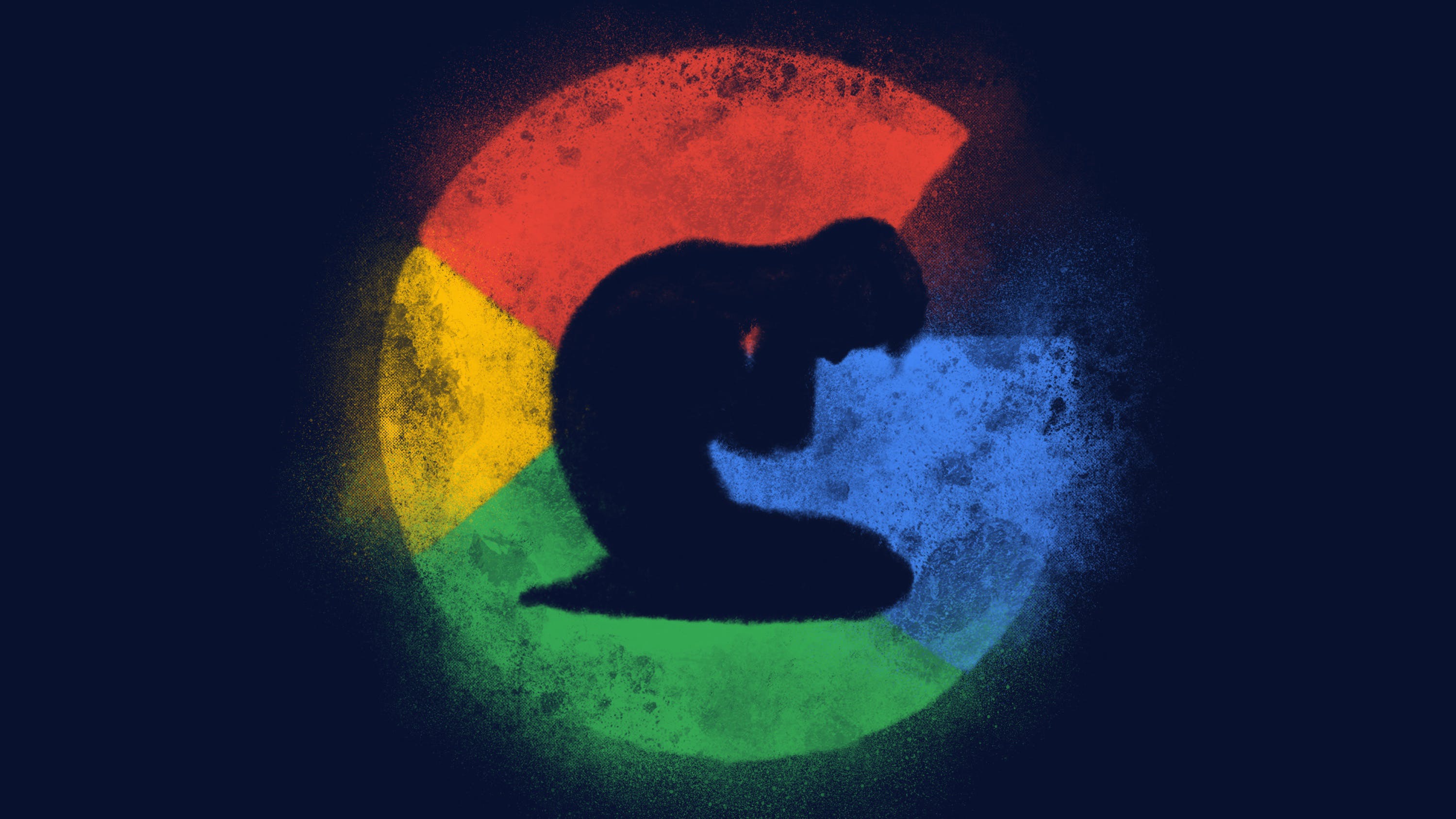
Google’s Darkest Days: After Three Deaths, a Workforce Reckons with a Changed Company
More than a dozen current and former Google employees reveal a company culture in crisis, as workers reel from a series of tragedies, tough new performance policies, widespread workplace cutbacks and the largest layoffs in company history.
the high life

The New Mavericks: Mark Zuckerberg Joins Pilot–CEOs Elon Musk, Sam Altman in Pursuing Flying License
When tech’s biggest names head home from the Allen and Co. mogul fest in Sun Valley, Idaho, this week, most will walk up the airstairs of their private jet and turn right toward the cabin. But, writes reporter Andrew Zucker, an increasing number could take a left and sit in the cockpit.

American Cricket, Anyone? Behind a New Pro Sports League, a Lineup of Elite Tech CEOs
Microsoft chief Satya Nadella, Adobe’s Shantanu Narayen and other leaders within tech’s Indian diaspora are backing a U.S. cricket league with global aspirations, writes sports business reporter Daniel Kaplan.

Noticing: Old video games are an endangered species
Want to replay the video games of your youth? If you’re older than 13, you’re probably out of luck. A new study from the Video Game History Foundation showed that 87% of video games released before 2010 are no longer commercially available—a percentage point worse than the availability of silent films. New console releases, it turns out, can produce an extinction-level event for classic games. Rights holders have to either spend money to remaster old games or let them become obsolete—and many game producers choose the latter. This means Game Boy and Commodore 64 titles have all but disappeared, with only around 5% of games still available commercially. It’s a “dire” situation for video game fans and researchers, the study’s author Phil Salvador told Axios. While there are libraries and archives dedicated to storing old books and movies, much video game history from the last three decades has been lost —a sad fact considering the artform has never been more culturally relevant (or economically powerful) than it is today.—Margaux
Reading: A tryst, a tragedy and Peter Thiel’s political exit
In late March, The Intercept’s Ryan Grim published a puzzling story about the death of Jeff Thomas: model, influencer, and alleged “kept lover” of venture investor and conservative donor Peter Thiel. The piece raised as many questions as it answered: Was Thomas’s death a suicide? Why had he been talking to “several Democratic and progressive activists?” Did the incident have any connection to reports that Thiel was pulling the plug on his political giving for the 2024 election cycle? This week, some of the iceberg lurking beneath the sea of speculation was revealed. Puck’s Teddy Schleifer reported that Democratic operatives Jack Bury and David Brock had entangled Thomas in a messy oppo-research campaign—and were hoping to leak dirt about Thiel’s personal life to The Intercept. Schleifer’s reporting has tied up a few loose ends, but this feels like a story that is only beginning to unravel.—Julia
Generating: A ChatGPT for ancient artifacts
Translating speech from one language to another is hard. Translating an ancient language into a modern tongue—even harder. Translating a 5,000-year-old cuneiform tablet almost instantaneously with artificial intelligence? Jesus Christ, Doc, that’s like inventing a time machine. But a team of archaeologists and computer scientists have accomplished the feat, according to Big Think’s Kevin Dickinson, who decoded a peer-reviewed study published in the PNAS Nexus journal and released on GitHub. There are upwards of 1 million ancient Akkadian texts gathering dust in museums, waiting to be parsed for clues about the ancient world. So the team built and trained an AI model on a sample of cuneiform texts and taught it to translate the etchings into English. The model still struggles with aspects of Akkadian, which is a polyvalent language, with words having different meanings depending on their placement in a sentence. Still, the researchers write, “This is another major step toward the preservation and dissemination of the cultural heritage of ancient Mesopotamia.” Rough translation: Whoa.—Jon
Makes You Think
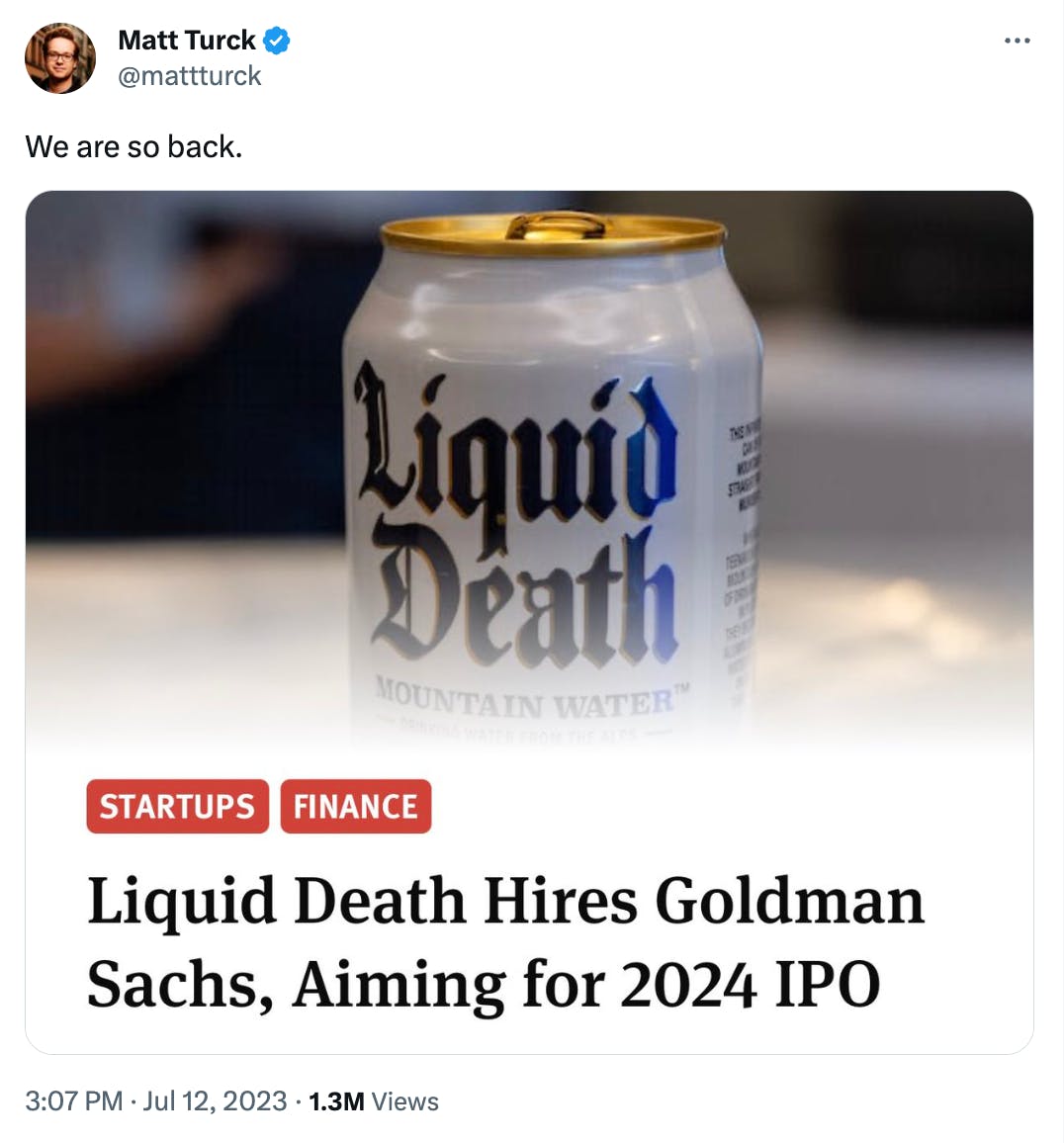
Cheers to you, returning IPO market.
Until next Weekend, thanks for reading.
—Jon
Weekend Editor, The Information

